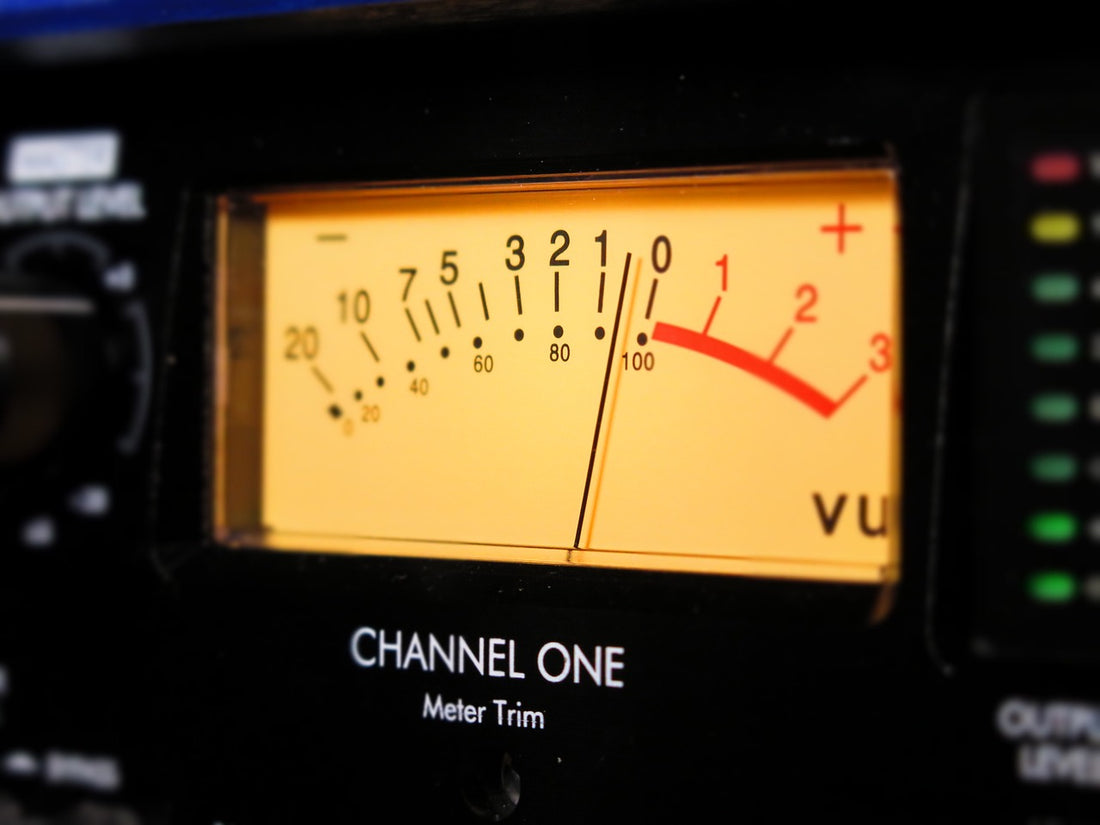I was recently asked how it is possible to relate Decibels (dB) to digital. This question makes sense when we consider that the decibel is an analog measurement—and we cannot hear a digital signal.
Let's start with what a decibel is. I asked our old friend ChatGPT to answer for me.
A decibel (dB) is a unit of measurement used to express the relative intensity or power level of sound, electrical signals, or other phenomena. It is a logarithmic scale, meaning it measures changes in power or intensity in terms of powers of ten. This makes it useful for dealing with a wide range of values, like sound levels, which can vary greatly.
In acoustics (sound), the decibel scale is typically used to measure sound pressure levels, with 0 dB representing the faintest sound a human ear can detect. An increase of 10 dB represents a tenfold increase in intensity, meaning a sound at 20 dB is 10 times louder than one at 10 dB.
For example:
- 0 dB: the threshold of hearing
- 30 dB: a quiet library
- 60 dB: normal conversation
- 100 dB: a loud rock concert
- 120 dB: threshold of pain
(As a side note: isn't it astounding to have the entire volume of human knowledge available at one's finger tips? I realize many are frightened of this. I remember years ago when I transitioned from a library of tech manuals and encyclopedias to this new fangled thing called Wikipedia. There were hoots a howls of a world gone to hell in a hand basket along with the demise of books and the ability for us humans to engage in independent thought)
As you can see, the decibel is a means of describing analog—that which we can hear.
Again, we cannot hear digital in its native form any more than we can directly hear the grooves on a record or the magnetic patterns on a tape recording. These are the means by which we store musical information and they can be measured with dB only after conversion to analog.
Hope that helps.








